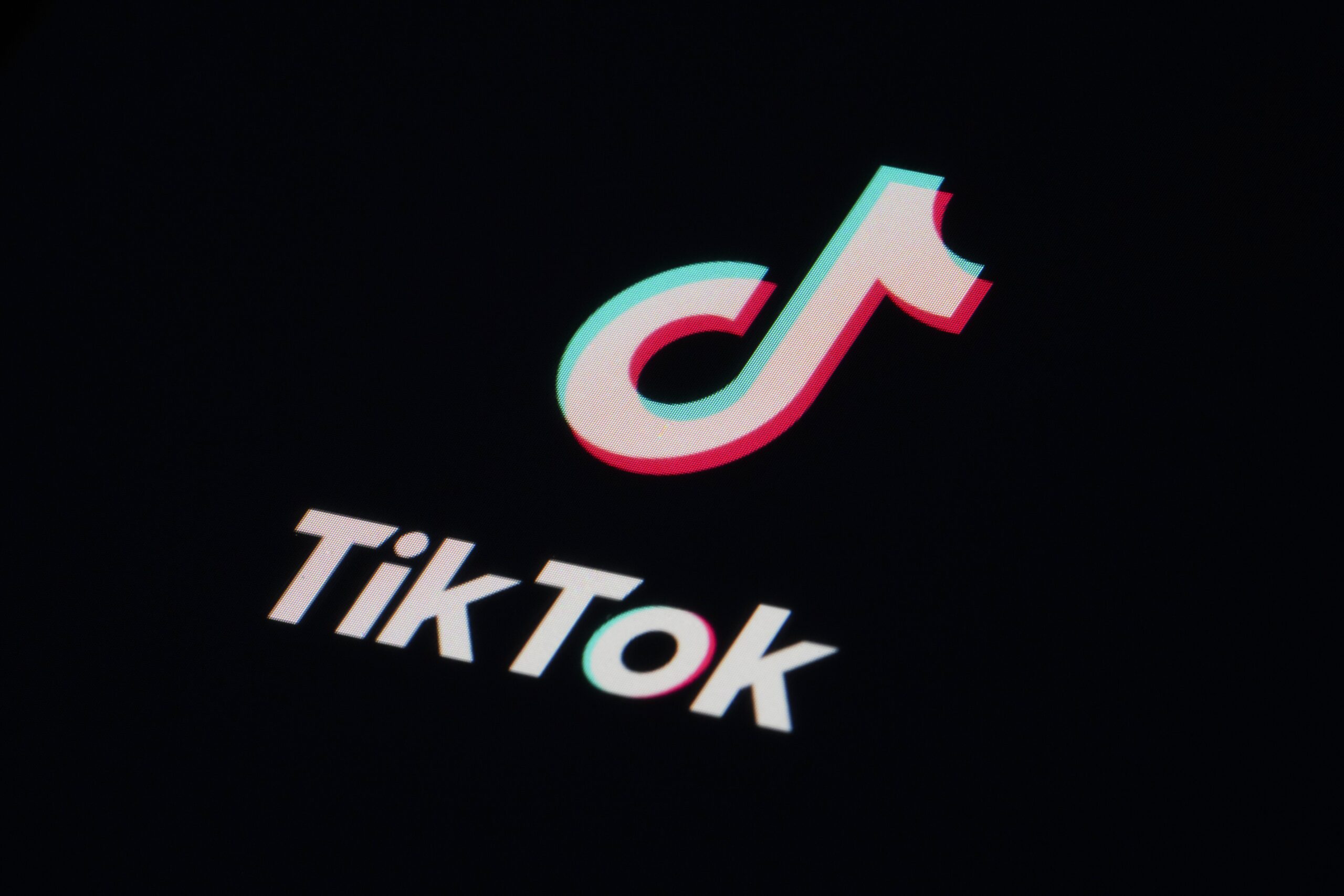By: Zoe Rodriguez, 2028
Disclaimer: This article was written before the ban was reversed on 1/20/25
By the time this article is published, it’s likely that TikTok has just been banned on 1/19/2025. Everybody has feelings on this, from anger to excitement. Whether you use TikTok or not, the US government’s banning of the globally successful social media app has huge implications for their control over social media going forward. Being high schoolers, most of us are probably somewhat informed on this ban, but for those who aren’t, this article serves as a refresher on everything you need to know about the ban in advance.
Why does the US want to ban TikTok?
Before we discuss the implications of this, why was TikTok banned in the first place? Well there are two problems, and both have to do with ByteDance (the company who owns TikTok) being a Chinese based company.
Concern #1: Like almost all social media nowadays, TikTok collects user data from anyone who interacts with it. While other US companies (such as Facebook) have been caught stealing data from users without threats of banning, this is still a huge concern for the government. The data of American citizens can potentially lie in the hands of a foreign government.
Concern #2: The second concern is that China might potentially influence its algorithm to show American citizens propaganda that aligns with Chinese political ideals. This has been a subject widely debated online, and many point to the existence of a supposedly “tamer” version of the TikTok algorithm used in China as evidence.
It’s important to keep in mind that there is no real evidence to suggest that the Chinese government alters the algorithm in any way or that it has access to its users data, as this article by ABC news explains. As the company has stated, “Today, all new protected U.S. user data is stored exclusively in infrastructure in the United States, and today all access to that environment is managed exclusively by TikTok U.S. Data Security, a team led by Americans, in America,” under the “Project Texas” initiative. Meaning that, in theory, the Chinese government shouldn’t have any direct access to American user data.
What’s all this about a bill?
Despite all this, the US government has been trying since the pandemic to ban the app. This all culminated in March 14, 2024 when the senate passed the bill H.R.7521, or “Protecting Americans from Foreign Adversary Controlled Applications Act.” This act is aimed to, quote:
“To protect the national security of the United States from the threat posed by foreign adversary controlled applications, such as TikTok and any successor application or service and any other application or service developed or provided by ByteDance Ltd. or an entity under the control of ByteDance Ltd.”
Originally the US approached ByteDance with a proposition. TikTok would be banned, unless they sold the company to a US citizen. Naturally they refused, as TikTok is one of the most profitable social media platforms currently, which is why the act applies.
What does this mean?
This act reaches far beyond just TikTok. The act makes it illegal to distribute, maintain, or update apps owned by “foreign adversaries” within US borders, unless they sell the control of the app to a US badges company. Notice how this does not reference TikTok specifically, it only mentions it as an example. This means that H.R.7521 gives the US government authority to ban any app or social media platform that is owned by a foreign company. The act doesn’t specify what conditions would be needed for this to happen, only that the owner of the app has to execute “a qualified divestiture.”
Possible upsides
Disclaimer: This section of the article is subjective
Despite outrage from many, not everybody is upset over the news. Many adults are especially exited at the idea of less youth having access to the app, as many experts have pointed out that TikTok is among the most addictive social media platforms out there, and one of the most widely used. Even if it’s not at all the intention of the act, there might be a benefit from limiting the access Americans have to TikTok.
It is valid for the US government to not want their data in the hands of other countries, especially ones they are at odds with. However, this bill only seems to be prolonging the problem with a temporary and unspecific solution. Rather than actually addressing the problem of online security and enforcing policies for stealing data, it opts to focus only on the “foreign adversary” part.

